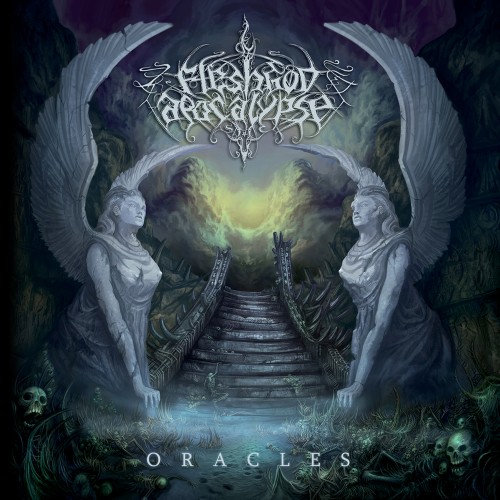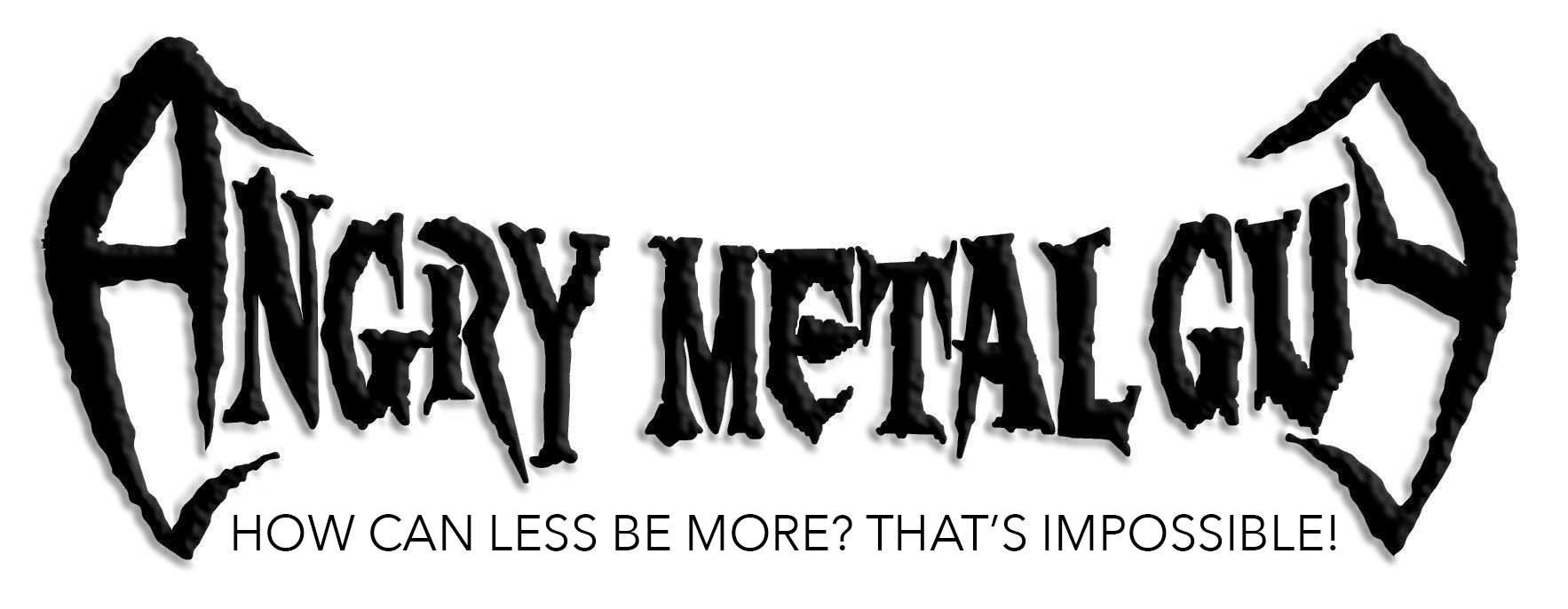Yer Metal Is Olde is a recurring thing that we’re using to fill up space while we scramble around looking for reviews of new material that is worth reviewing. The idea was spurred on by the swath of amazing and classic records that are turning 10, 20, or 30 this year. It’s crazy to think that all the stuff that we worship is really as old as it is. Time moves quickly, but these classics never seem to lose their shine. Still, their enduring quality doesn’t change that your favorite metal is fucking Olde. Note: our focus today, Oracles by Fleshgod Apocalypse is actually only 5 years old, but while it is less Olde (or not Olde at all) it was never originally reviewed here by AMG (despite haunting the band’s footsteps on a regular basis) and it certainly deserves the recognition.

Angry Metal Guy and I don’t always agree. I’m about as interested in Sonata Arctica as he is in Indian, but he employs (in the loosest sense of the word) my talents (again, loose) nonetheless. One of the things we can agree on, however, is that Oracles is fucking excellent. It’s not just the best Fleshgod Apocalypse album, it’s one of the best brutal/technical death metal albums ever made. By introducing neoclassical and neo-baroque melodies and arrangements to peerlessly written brutal riffing and cubic acre of blastbeats, the debut proved the up-and coming band to be much, much more than the Hour of Penance spin-off that they were expected to be.
It’s said that genius often comes in the form of seeing connections between things that other people think are completely separate. Fleshgod Apocalypse certainly were not the first to see the connection between classical music and extreme metal, but to my knowledge they were the first to it with brutal death metal in a way where classical music was the driving force. The reason Oracles is so excellent and stands above other Fleshgod releases is that there is almost no separation between the beautiful and the caustic, because they’re being played at the same time by the same group. The orchestration-heavy Labyrinth and Agony, while successful in their own right, are undeniably the work of two groups playing at the same time – the band and their orchestral accompaniment. Oracles is brutal death metal written with the underpinnings of classical music, rather than brutal death metal written alongside classical music. It’s apparent everywhere on the album.
“In Honour of Reason” exemplifies what the rest of the album achieves. Clever, intelligent, and forward-thinking as the enlightenment ideals it espouses, the song offers a taste of everything Oracles has in store. Gorgeous harmonies, incredibly memorable neoclassical melodies, symphonic touches, and of course absolute brutality. Part of the charm of course lies in its thematic unity. It begins with the sound of an orchestra tuning before a performance, immediately establishing a link to enlightenment music. The lyrics, often lovably clumsy but always well-delivered, connect the established antitheism of death metal to the optimism of god-rejecting enlightenment philosophy and occasionally stumble across true excellence, such as the impossible-to-not-yell “Rise, in honor of reason / There is no lie that can’t be destroyed with the intellect.”

Triumphant but still dark and foreboding, the album is completely devoid of dull moments, simultaneously fun and unexpectedly intelligent. “Requiem in SI Minore” trudges at an almost doomy pace, while “Retrieving My Carcass” rips through incredible riffs at breakneck speed, but both are entirely purposeful and excellently constructed songs that blend heaviness with an exquisite sense of melody and when to use and lose it. “At the Guillotine” features an unforgettable breakdown and lead in 10/8 piled atop harmony like you wouldn’t believe while “Embodied Deception” and closer “Oracles” drop the band out for incredible piano compositions that are paced and placed with care to avoid conflict with the rest of the album.
Oracles is certainly not without fault; it’s incredibly loud, fairly compressed, and the drums have been swapped out for sounds much louder than drums can reasonably be expected to make, but all of this seems incredibly unimportant when “Post-Enlightenment Execution” is corroding your cochlea or when “As Tyrants Fall” transitions from whirlwind to waltz. The music is so good that it could have been produced and mastered by a small, incontinent dog and I’d still probably love it. Oracles is a triumph of experimentation, a shot in the dark that hit a target we didn’t really know was there. It’s not just brilliantly written and executed but as a whole thematically unified so that every part is essential. Not a moment is superfluous, and not a moment is wasted, which is why, despite flaws that would doom most other albums in my book, Oracles is still so shockingly good five years and two Fleshgod albums later.

















